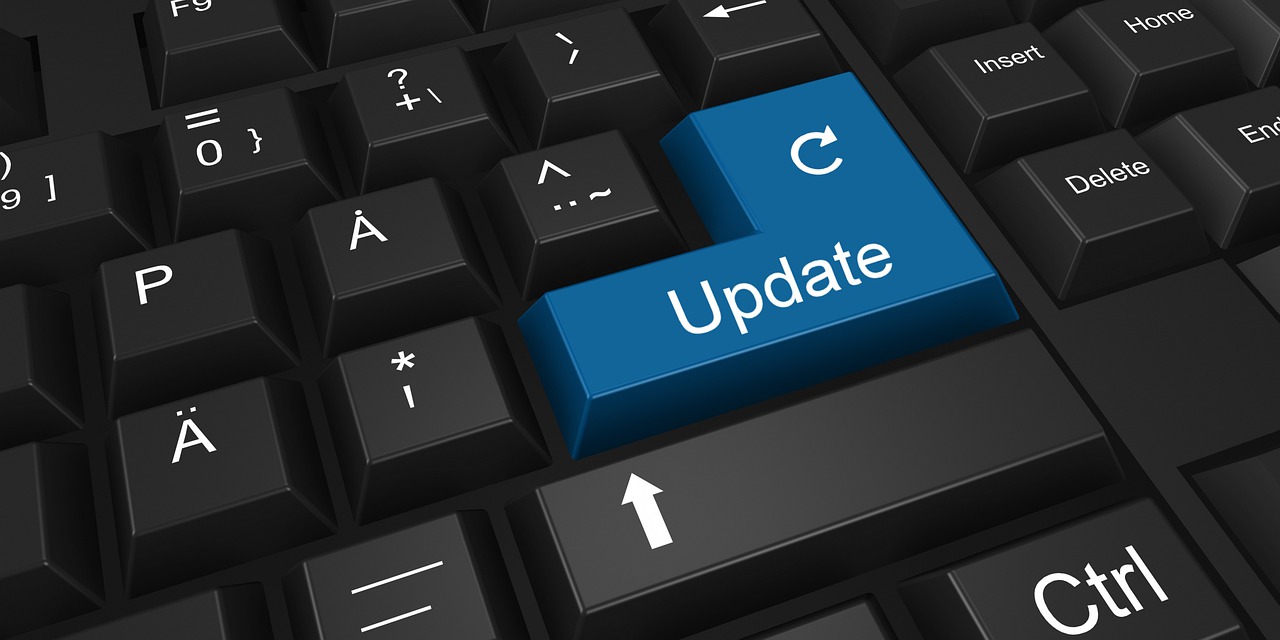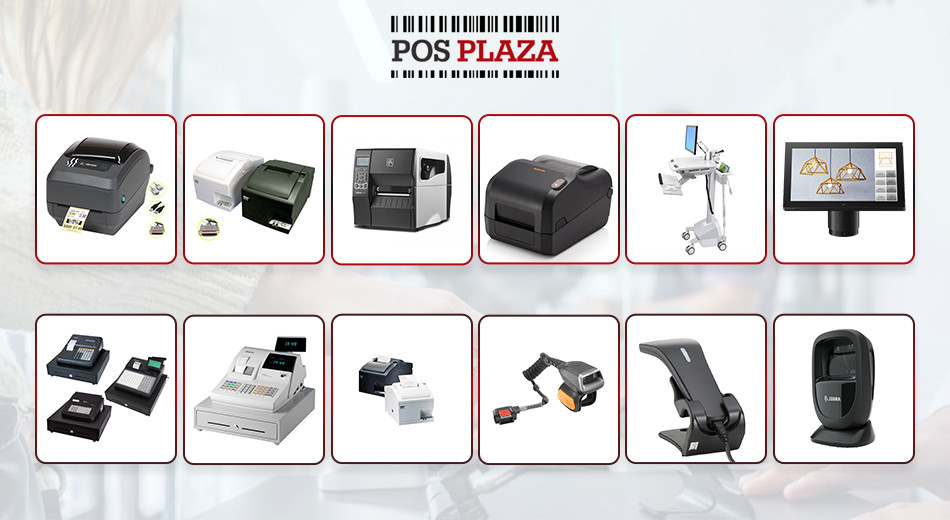POS System Maintenance - How to Extend the Life of Your POS System
For most customer-centric businesses including grocery stores, retail stores, restaurants, educational institutions, hospitals and healthcare clinics, POS systems are a lifeline. From processing transactions to tracking inventory data, generating in-depth sales reports and securing customer data, a POS system helps run multiple day-to-day processes that keep your business operating smoothly.
Also Read: How To Choose The Right Retail POS System For Your Business
With so many aspects and operations of your business dependent on your POS system, it is important to ensure that it works efficiently in the long run. Lack of maintenance and repair will cause frequent operational issues resulting in poor customer service, frustrated customers, purchase abandonments, reduced employee productivity, and even take a toll on your business reputation.
While it’s not possible to eliminate the chances of a system failure and operational bugs completely, there are several maintenance measures you can take to keep your POS system in good condition and extend its lifespan.
POS HARDWARE MAINTENANCE
Though POS systems are carefully designed to work in tough environments, everyday rigors and constant use leave them exposed to dirt, dust, grease, spills and drops. If not cleaned regularly, layers of grime can build up on hardware’s surface over time, eventually degrading the components and affecting the performance of the system. So, it is important to inspect your POS equipment daily for dust and other foreign contaminants. But before we shed light on regular cleaning and maintenance, let’s look at some practices that can help you reduce a lot of maintenance hassles and costly repairs in the first place.
Also Read: POS Hardware - Everything You Need to Know
Tips for preventative care of POS hardware:
- Like other mechanical machines, POS systems can malfunction and break down if not used properly. Since your staff members will use POS equipment more than anyone, it is important to train them on proper use and maintenance of hardware units.
- If you use mobile POS systems, train your employees on handling them with care while avoiding spills and drops. Instruct employees to preserve the life of touchscreen monitor by practising correct procedures. For example, always use a finger to input information or push buttons on a touchscreen register instead of the tip of a pen, a corner of a credit card, or sharp fingernails. Similarly, avoid repeatedly striking on the display that does not seem to be responding to your touch.
- In pre-shift meetings, assign each employee the responsibility to clean their POS hardware or a specific component. For example, the kitchen staff can look over kitchen printers while the waiting staff can check POS terminals or card payment peripherals.
- Employees should be asked to run system scans and back up important data on a daily basis.
Commonly Asked Questions About POS Maintenance
What should the staff do as routine POS maintenance?
Before starting the shift, each staff member must inspect cables, power cords, pin pads, customer-facing displays and other components of POS hardware they are responsible for operating, for wear and tear. Working with faulty or outdated hardware components can cause errors, which can affect the functioning of the entire system if not fixed or replaced timely.
Immediately report items that are damaged or not functioning properly to the manager. The same inspection measures should be practised by employees at the end of the shift as well. After years of extensive use, some peripherals like pin pads, keyboards, credit card readers, printers, etc. may need to be upgraded for better functionality, efficiency or aesthetic appeal.
Moreover, restarting the system regularly should also be a routine practice for POS owners. Many businesses keep their systems running round the clock for long periods of time until they notice any issues.
Are mPOS systems a necessary upgrade for every business?
Mobile POS systems are designed to allow businesses to process transactions on the move. Mobile POS uses smartphones and tablet devices as point of sale registers, allowing retail staff to assist customers with product availability and other important information from anywhere in the store.
While businesses like food trucks, market vendors and repair service providers and those with large sales floors can significantly benefit from the flexibility and convenience that mobile point of sale systems offer, they are not an absolute necessity for every business. If you decide to integrate mPOS technology into your business, however, do train your staff for regularly maintaining the mobile point of sale devices, scanning them for viruses and syncing them to the back-of-house system for a secure network.
What is the average lifespan of a point of sale operating system?
The average lifespan of the base unit of a POS system is around 5 years provided regular maintenance and careful equipment handling. Significant system tampering, water damage or other physical damage to the hardware can, of course, shorten the expected life of a POS system.
Besides, the peripherals of a POS system, such as keyboard, receipt printer and handheld scanner can also be expected to last around 5 years depending on the environment in which they are used, the frequency of use and the care they receive.
Now let’s move on to some basic cleaning tips:
- Wipe down touch screen registers with a clean towel or cloth and an ammonia-free glass cleaner. Instead of spraying the cleaner directly on the screen, spray on the cloth and then use it to clean the screen.
- Dust can pile up inside your computer, causing the machine to overheat and sustain costly damage. Do get the interior of your POS terminals cleaned by a professional at least twice every year.
- To remove build-up from fingerprint sensors, put a piece of scotch tape on it with the sticky side down and peel off.
- For printers, use a soft cloth to wipe down the inside and outside of the machine.
POS SOFTWARE UPDATE

No matter how efficient your POS system was when you first purchased it, you may find it struggling with routine POS procedures at some point after years of constant use. Your system freezes every time you issue a gift card or customer payments often get rejected or maybe checking out orders takes longer than ever and training new employees on POS software has become a hassle. These types of functionality issues occur when you have been using old POS software for years.
Point of sale software requires more attention and frequent updates than POS hardware due to their role in maintaining the security and efficiency of the system. The longer a POS system runs on old and outdated software, the longer the list of operational issues it may be vulnerable to. To maintain optimal performance, security and efficiency of your POS system, it is important to update point of sale software and make constant improvements and adjustments. Typically, all advanced POS systems are equipped with the ability to automatically monitor and alert retail staff to security threats, system errors, and possible upgrades. Regular maintenance and more frequent updates to POS software can reduce the need for costly large-scale upgrades in the long run.
How often should I run software updates?
A general rule of thumb is to run cloud-based or nature-based updates on a daily basis while manual updates can be run as needed for particular software. Set up your POS system to monitor security and general software updates on a regular basis and alert you of any new or urgent software upgrades.
How do I know it’s time for a software upgrade?
There is no specific period as to how long a POS system can run on particular software, but with the technology advancing at a rapid pace, it makes sense to evaluate your existing POS operating system annually. Moreover, the most common reason to upgrade your current POS software is if it is no longer able to meet your business needs or if the operational efficiency and/or security is compromised.
CONCLUSION
While every POS system will need to be upgraded eventually, you do not want to invest in costly upgrades or unnecessary repairs due to early wear and tear or malfunctioning of the system. Implementing the abovementioned regular maintenance tips will make sure that your POS hardware and software function smoothly for as long as they are expected to.


